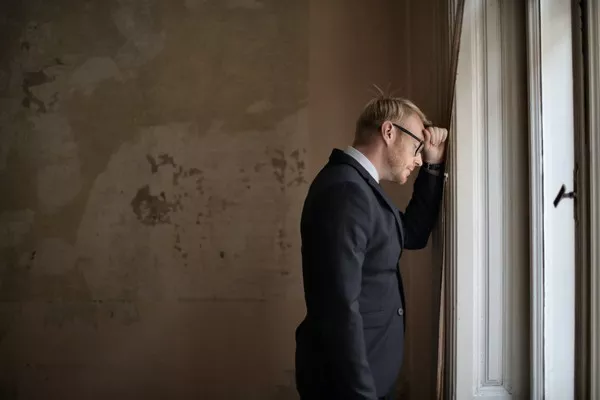Effective counselors possess a range of personal and professional characteristics that allow them to help their clients achieve their goals and improve their well-being. Here are some of the key characteristics of an effective counselor:
- Empathy: Effective counselors are able to empathize with their clients and understand their feelings and experiences. This allows them to build trust and rapport with their clients, and to provide supportive and non-judgmental guidance.
- Active listening skills: Counselors who are able to actively listen to their clients can better understand their needs and concerns. Active listening involves paying attention to verbal and nonverbal cues, asking clarifying questions, and providing feedback that shows the counselor is engaged and focused on the client.
- Cultural competence: An effective counselor recognizes and respects diversity among clients and demonstrates cultural competence. This includes knowledge of different cultures, beliefs, and values, as well as an ability to tailor counseling approaches to meet the unique needs of each client.
- Non-judgmental attitude: A non-judgmental attitude is important for effective counseling, as it creates a safe and supportive environment for clients to express themselves. This involves avoiding judgmental language and attitudes, and approaching clients with an open and accepting mindset.
- Clear communication skills: Effective counselors are able to communicate clearly and effectively with their clients. This includes using language that is easy to understand, providing clear explanations of counseling approaches and techniques, and being responsive to clients’ questions and concerns.
- Flexibility: An effective counselor is able to adapt to the needs and preferences of their clients. This may involve modifying counseling approaches or techniques to better suit individual clients, or being open to new approaches that may better serve clients’ needs.
- Ethics and professionalism: Effective counselors adhere to ethical standards and maintain professionalism at all times. This includes maintaining client confidentiality, avoiding conflicts of interest, and engaging in ongoing professional development to improve their counseling skills.
In conclusion, effective counselors possess a range of personal and professional characteristics that allow them to build strong relationships with their clients and provide effective guidance and support. If you are seeking counseling services, look for a counselor who demonstrates these key characteristics and who is able to create a safe and supportive environment for you to explore your feelings and work towards your goals.




























